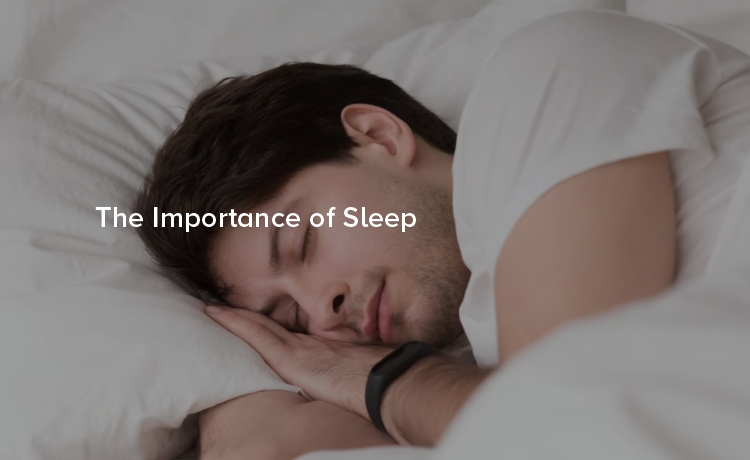
Sleep is a vital part of our physical and mental well-being. It gives our bodies the time to repair and rejuvenate, while allowing our brain to process information and form memories. Unfortunately, many of us fail to consistently get good quality sleep, leaving us feeling fatigued, irritable, and less able to perform our daily duties. That's why it's important to develop healthy sleep hygiene habits that will help you get the quality of sleep you need to stay healthy and productive.
Stick to a sleep schedule
One of the most important aspects of healthy sleep hygiene is developing a consistent sleep schedule. This means going to bed and waking up at the same time every day, even on weekends. This helps regulate your body's circadian rhythm and reinforces healthy sleep patterns.
Create a conducive sleep environment
Your surroundings can have a significant impact on the quality of your sleep. Make sure your bedroom is quiet, dark, and cool. Invest in good-quality, comfortable bedding, and limit the use of electronic devices in the bedroom. The blue light from screens can interfere with the production of melatonin, making it harder for you to fall asleep.
Establish a relaxing bedtime routine
Creating a calming bedtime ritual can signal to your body that it's time to wind down and prepare for sleep. This could include taking a warm bath, practicing meditation, reading a book, or doing some gentle stretches. Make sure to avoid mentally stimulating activities in the hours leading up to bedtime. Additionally, stop watching LED/LCD 1 hour before going to bedtime (TV/ Laptop/ Mobile).
Limit caffeine and alcohol consumption
Caffeine is a stimulant that can keep you awake, so it's best to avoid consuming it in the afternoon or evening. Alcohol, on the other hand, might make you feel sleepy, but it can disrupt your sleep cycle and lead to fragmented, poor-quality sleep.
Get regular exercise
Regular exercise has numerous health benefits, one of which is better sleep. Exercise can help you fall asleep faster, improve the quality of your sleep, and increase the amount of time you spend in deep sleep. Just make sure to finish your workout at least a few hours before bedtime, as exercise too close to bedtime can actually make it harder to fall asleep.
Conclusion:
Getting good quality sleep is crucial for maintaining both your physical and mental health. By developing healthy sleep hygiene habits, such as maintaining a consistent sleep schedule, creating a conducive sleep environment, establishing a relaxing bedtime routine, limiting caffeine and alcohol consumption, and getting regular exercise, you can improve the quality and quantity of your sleep. If you're still having trouble sleeping, talk to your doctor, who can investigate and address any underlying health issues. With a little effort and discipline, you can enjoy the benefits of restful, rejuvenating sleep.